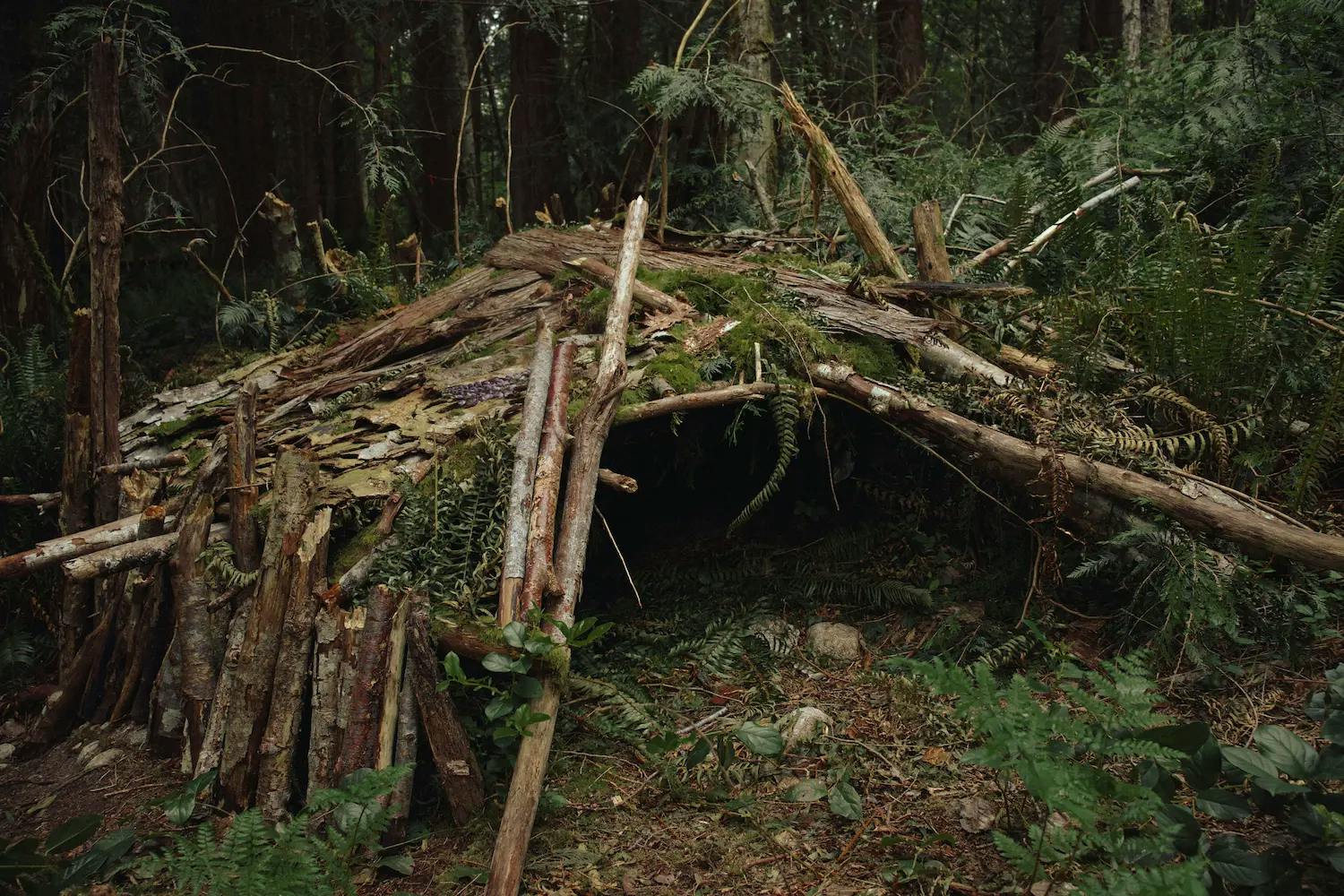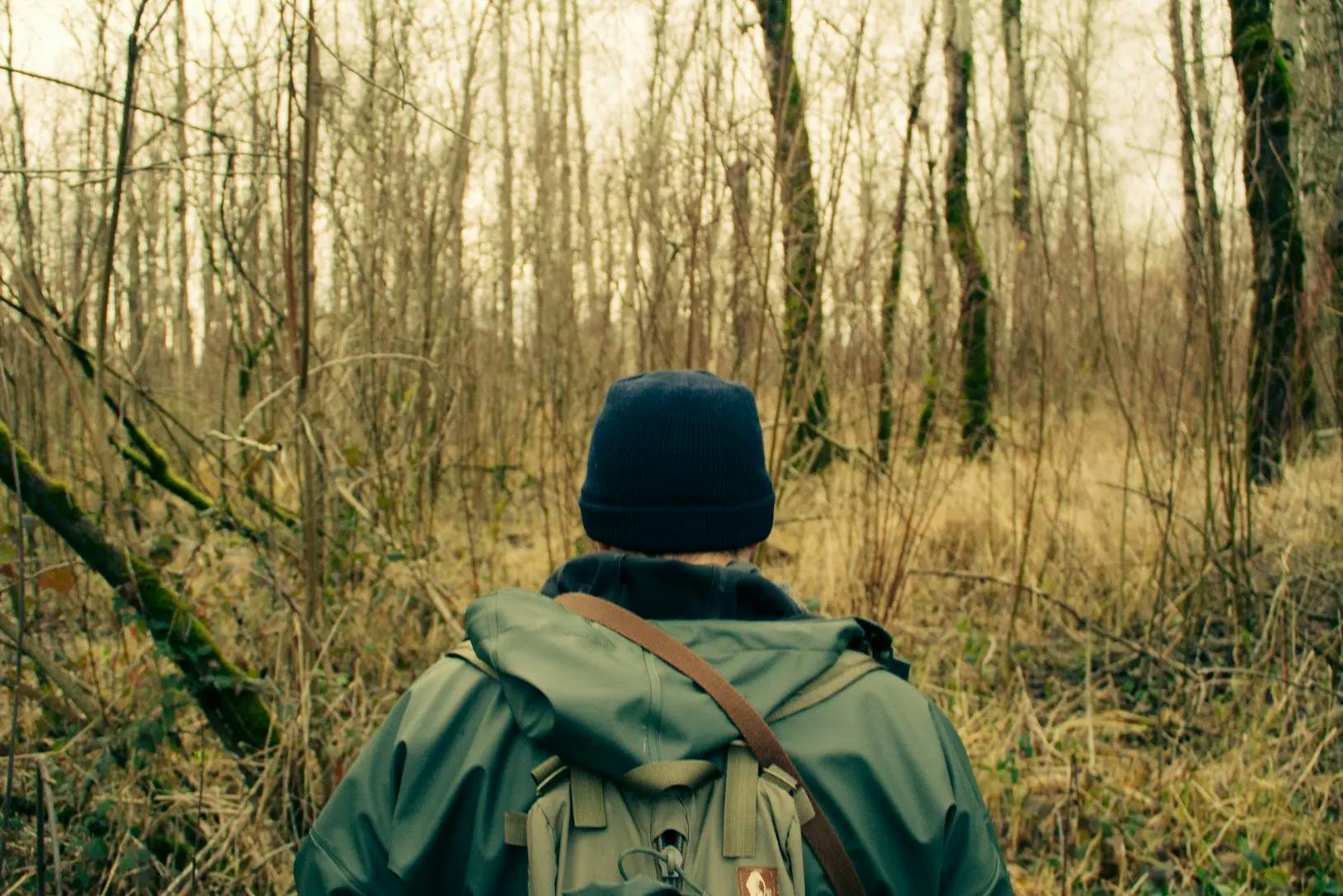Disconnected: Navigating Life without Communication and Transportation
- Published on
Disconnected: Navigating Life without Communication and Transportation
In today's modern world, we often take for granted the means of communication and transportation that are readily available to us. However, in a survival or prepper scenario, these essential services may become unavailable, leaving us disconnected from the world around us. Learning to navigate life without communication and transportation is a crucial skill for any survivalist or prepper to possess.
The Importance of Communication
Communication is a fundamental aspect of our daily lives, allowing us to connect with others, access information, and call for help in times of need. In a survival situation, being cut off from communication networks can leave you isolated and uninformed. This makes it vital to have alternative methods of communication at your disposal.
Alternative Communication Methods
-
Two-Way Radios: Two-way radios are reliable communication tools, especially in remote areas where cell reception is limited. They allow you to stay in touch with your group or call for help if necessary.
-
Signaling Devices: Devices such as signal mirrors, whistles, and flares can be used to alert rescuers to your location in emergency situations.
-
HAM Radios: For more advanced users, HAM radios provide long-range communication capabilities and can be a valuable asset in disaster scenarios.
Navigating Without Transportation
When traditional modes of transportation become unavailable, knowing how to navigate on foot or using alternative means becomes essential for survival. Whether you are camping, facing a natural disaster, or navigating urban environments, having the knowledge and skills to traverse without reliance on vehicles is paramount.
Skills for Navigating on Foot
-
Map Reading and Compass Navigation: Understanding how to read maps and use a compass is fundamental for navigating unfamiliar terrain on foot.
-
Landmarks and Observation: Learning to identify natural landmarks and make observations of the environment can aid in maintaining your bearings and heading in the right direction.
-
Basic Survival Skills: Knowledge of basic survival skills such as finding and purifying water, building shelter, and foraging for food is indispensable when you are traveling on foot.
Embracing Self-Reliance
In a world where we are accustomed to constant connectivity and the convenience of hopping into a vehicle to reach our destinations, embracing self-reliance takes on a whole new level of importance in a survival scenario. This includes being prepared to take care of yourself and your group without the support of modern communication and transportation infrastructure.
Importance of Mental Preparedness
-
Maintaining Calm and Focus: Being mentally prepared to face the challenges of navigating without communication and transportation is crucial. It's essential to stay calm, assess the situation, and make rational decisions.
-
Adaptability and Resourcefulness: Developing the ability to adapt to changing circumstances and being resourceful in utilizing available tools and resources are indispensable skills for self-reliance.
-
Building Community and Support: In a disconnected world, fostering a sense of community and support within your group or local community can provide a network of assistance and collaboration.
Closing the Chapter
Navigating life without communication and transportation presents significant challenges, but with the right knowledge, skills, and mindset, it is possible to thrive in such circumstances. By embracing alternative communication methods, honing navigation skills on foot, and cultivating self-reliance, individuals can prepare themselves for the uncertainties of a disconnected world.
Preparing for survival scenarios involves proactive measures and continuous learning. Embracing the principles of self-reliance and developing proficiency in alternative communication and navigation methods form the foundation of being prepared for the unexpected. Stay informed, stay prepared, and stay connected to the world around you, even when traditional means of communication and transportation are unavailable.
Remember, staying informed with reliable resources and staying connected to this valuable survival community will empower you to navigate life even in the most challenging circumstances.
For additional resources and information on survival and prepping, visit Survivalist.com and The Prepper's Blueprint for expert insights and essential tools to enhance your preparedness journey.



